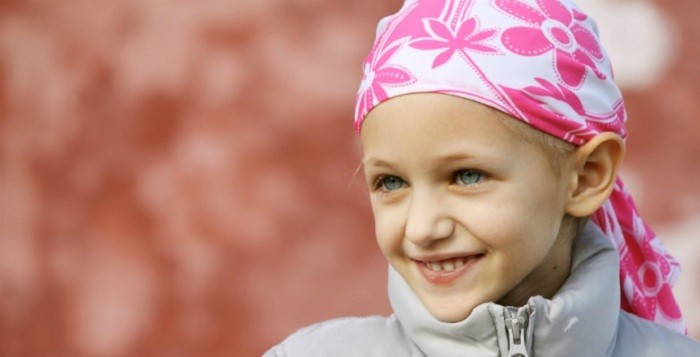Adverse childhood experiences (ACEs) like abuse, neglect, violence, and parental absence have long been linked to lasting negative effects on physical and mental health, researchers note in JAMA Pediatrics. But less is known about whether positive experiences make it easier for kids to cope, or what happens with children whose lives have mix of negative and positive experiences.
For the current study, researchers surveyed 6,118 adults about how often in childhood they felt able to talk to family and friends about feelings; felt their family stood by them during difficult times; enjoyed participating in community traditions; felt a sense of belonging in high school; felt supported by friends; had at least two nonparent adults who took an interest in them; and felt safe and protected by an adult in their home.
Overall, adults who reported six to seven of these positive childhood experiences were 72% less likely to have depression or at least 14 poor mental health days each month than adults who reported no more than two positive childhood experiences. Even three to five positive experiences were tied to a 50% lower likelihood of depression or poor mental health than two or fewer.
The association between positive life experiences and better adult mental health and relationships persisted even among people who experienced ACEs during childhood.
Compared to participants who reported no more than two positive childhood experiences, people who experienced six to seven positive childhood experiences were also more than three times more likely to report that as adults, they "always" got the social and emotional support they needed. When people had no more than two positive childhood experiences, only about one-third reported always getting the social and emotional support they needed —even when they didn't have a history of ACEs.
More about: mental-health
















































